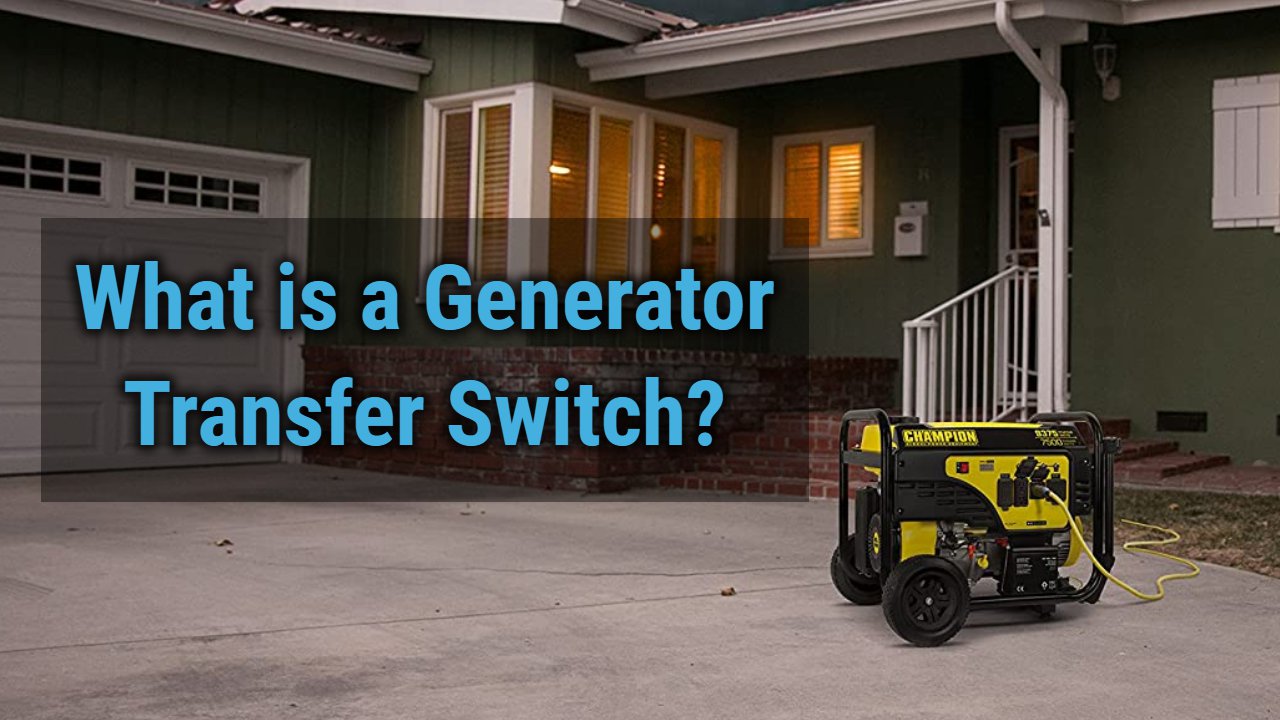- Reaction score
- 5
Hello, I am in Dallas experiencing heavy power outages and my family has been without power for 36 hours and therefore also heating. I have a 8000 w generator and a 100 ft 10 gauge extension cord. Is there any way that I can get this generator somehow wired to part of the Furnace so we don't have to have another night of sleeping in 40° housing?
Maybe I can wire it directly to the switch where the furnace toggles, or perhaps directly into the furnace circuit breaker in the breaker box. This is only temporary and would be undone after this whole crisis is over from concerned with my family and baby and senior pets not having enough heat.
The furnace is a S8B1B060M4 and the generator is this: 6250 Watt Portable Generator - https://www.briggsandstratton.com/na/en_us/product-catalog/generators/portable-generators/6250-watt-portable-generator.html
Any help would be drastically appreciated. I'm fairly knowledgeable about electrical and wires, just haven't done this specifically before and wanted to ask before I did something wrong.
Maybe I can wire it directly to the switch where the furnace toggles, or perhaps directly into the furnace circuit breaker in the breaker box. This is only temporary and would be undone after this whole crisis is over from concerned with my family and baby and senior pets not having enough heat.
The furnace is a S8B1B060M4 and the generator is this: 6250 Watt Portable Generator - https://www.briggsandstratton.com/na/en_us/product-catalog/generators/portable-generators/6250-watt-portable-generator.html
Any help would be drastically appreciated. I'm fairly knowledgeable about electrical and wires, just haven't done this specifically before and wanted to ask before I did something wrong.










